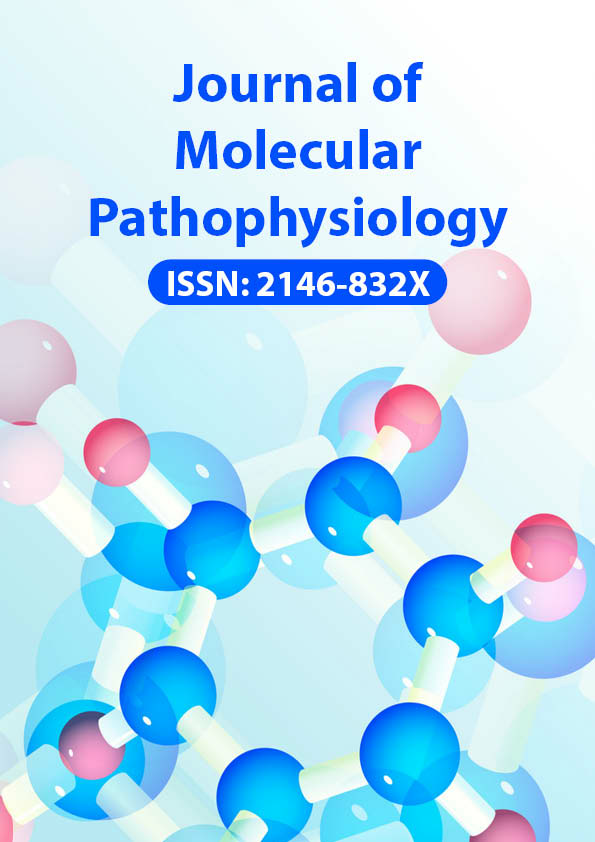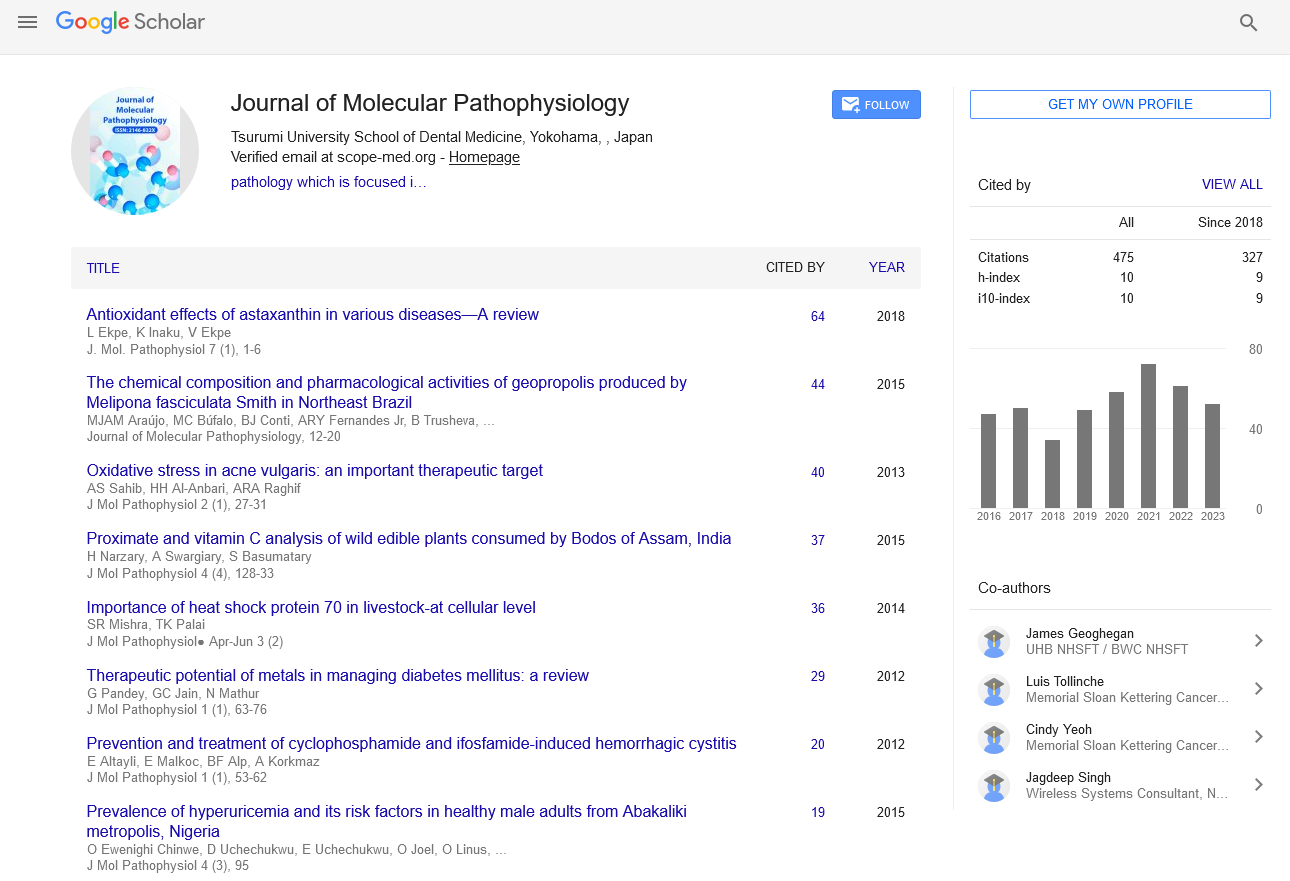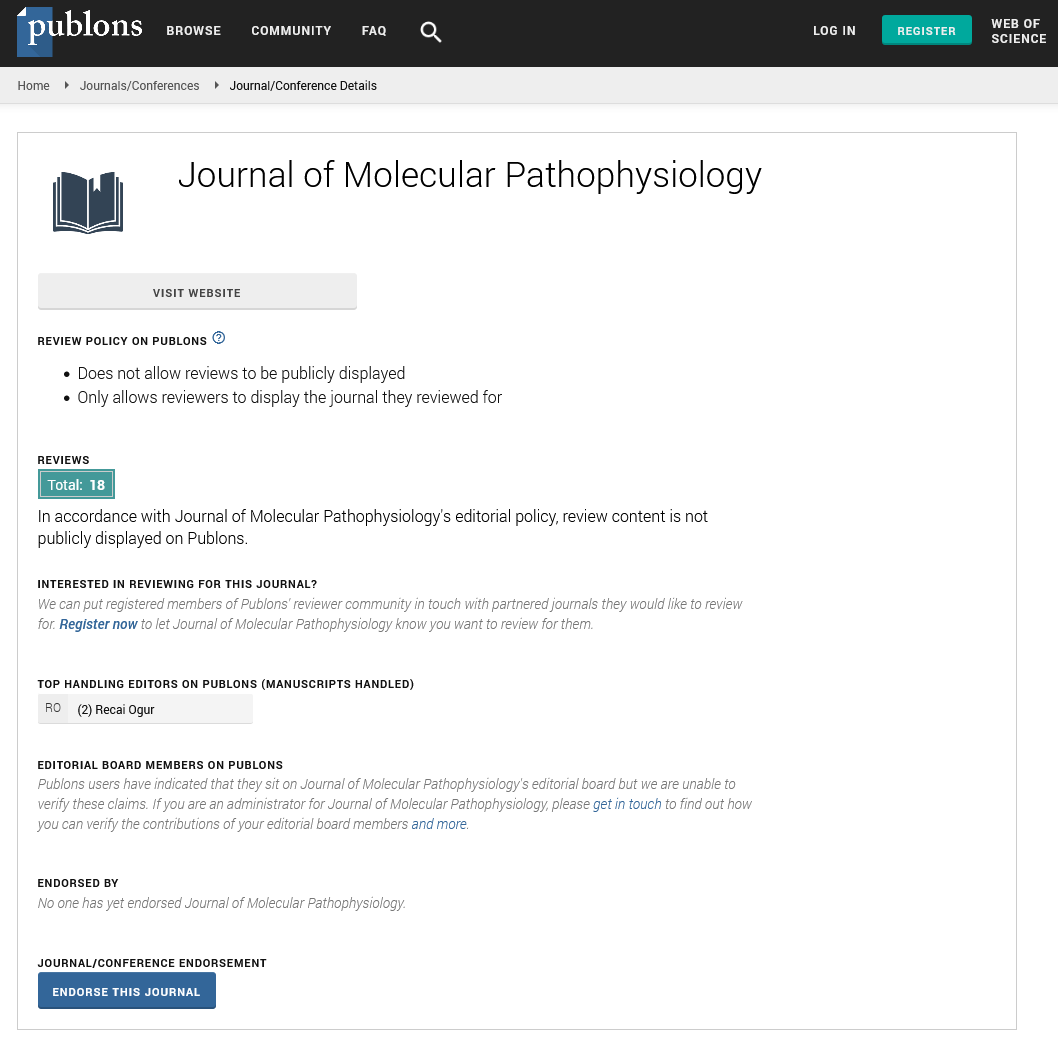Discovery of predictive biomarker candidates for intrinsic resistance to FOLFOX chemotherapy in colon cancer using a Top Down LC-MALDI approach
Abstract
Florian Tobias Unger, Markus Meyer, Hartmut Juhl, Kerstin Anneliese David
Objective: Chemoresistance of cancer cells to chemotherapeutics is a main obstacle in chemotherapy to a successful outcome especially in first line, but also in later stages of chemotherapy. In the therapy of colorectal cancer, combinational chemotherapies such as FOLFOX have been shown to overcome resistances to single agents, but the response rates are still low. Although, chemotherapeutic agents are still the backbone of colorectal cancer therapy, molecular determinants of chemoresistance are still lacking. Therefore, patient tailored therapy of colorectal cancer is still a huge challenge. Since the proteome of each cell is responsible for fundamental biological processes and also makes up the bulk of pharmaceutical targets and potential biomarkers, the search for predictive protein biomarker candidates is promising. Materials and Methods: In this study, we used a viability assay to classify cell lines chemosensitive or chemoresistant to the FOLFOX chemotherapy in vitro. Subsequently, a newly developed top down LC-MALDI-MS-MS workflow was used to analyze the low molecular weight proteome of the cell lines in order to discover protein biomarker for intrinsic chemoresistance to FOLFOX chemotherapy. Initially, a technical validation of a selected biomarker was conducted. Results: The used cell lines were classified in chemosensitive and chemoresistant based on their chemosensitivity to FOLFOX at different time points. The top down LC-MALDI-MS-MS workflow subsequently resulted in the identification of several protein biomarker candidates, differentially regulated between the chemosensitive and chemoresistant groups. Conclusion: Findings from discovery studies need to be validated in a stringent manner in order to find robust and meaningful biomarker candidates. The discovery of predictive biomarkers for chemoresistance and the identification of molecular mechanisms underlying intrinsic chemoresistance could tremendously promote individualized chemotherapy.
PDF






